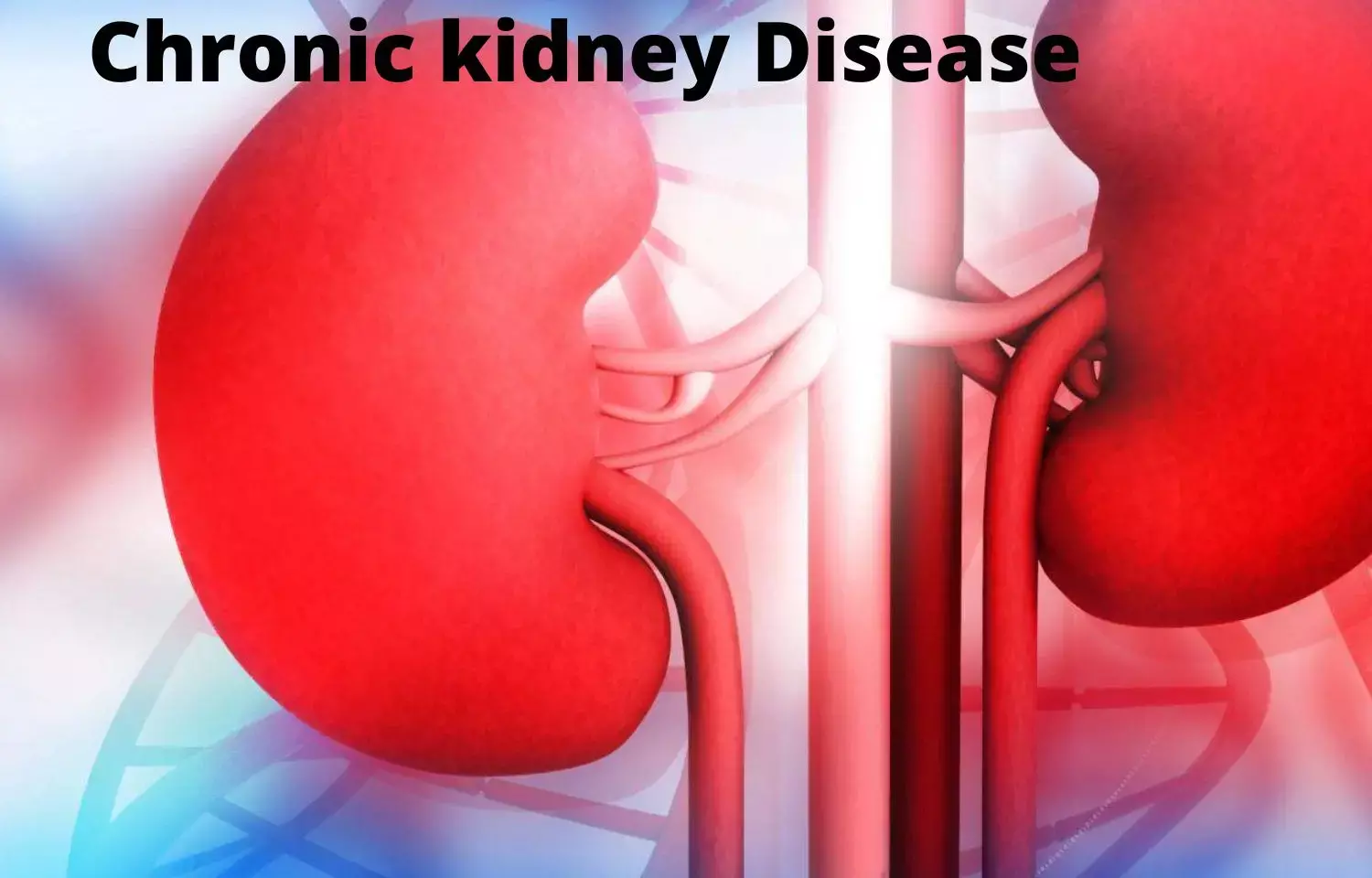- Home
- Medical news & Guidelines
- Anesthesiology
- Cardiology and CTVS
- Critical Care
- Dentistry
- Dermatology
- Diabetes and Endocrinology
- ENT
- Gastroenterology
- Medicine
- Nephrology
- Neurology
- Obstretics-Gynaecology
- Oncology
- Ophthalmology
- Orthopaedics
- Pediatrics-Neonatology
- Psychiatry
- Pulmonology
- Radiology
- Surgery
- Urology
- Laboratory Medicine
- Diet
- Nursing
- Paramedical
- Physiotherapy
- Health news
- Fact Check
- Bone Health Fact Check
- Brain Health Fact Check
- Cancer Related Fact Check
- Child Care Fact Check
- Dental and oral health fact check
- Diabetes and metabolic health fact check
- Diet and Nutrition Fact Check
- Eye and ENT Care Fact Check
- Fitness fact check
- Gut health fact check
- Heart health fact check
- Kidney health fact check
- Medical education fact check
- Men's health fact check
- Respiratory fact check
- Skin and hair care fact check
- Vaccine and Immunization fact check
- Women's health fact check
- AYUSH
- State News
- Andaman and Nicobar Islands
- Andhra Pradesh
- Arunachal Pradesh
- Assam
- Bihar
- Chandigarh
- Chattisgarh
- Dadra and Nagar Haveli
- Daman and Diu
- Delhi
- Goa
- Gujarat
- Haryana
- Himachal Pradesh
- Jammu & Kashmir
- Jharkhand
- Karnataka
- Kerala
- Ladakh
- Lakshadweep
- Madhya Pradesh
- Maharashtra
- Manipur
- Meghalaya
- Mizoram
- Nagaland
- Odisha
- Puducherry
- Punjab
- Rajasthan
- Sikkim
- Tamil Nadu
- Telangana
- Tripura
- Uttar Pradesh
- Uttrakhand
- West Bengal
- Medical Education
- Industry
In moderate CKD patients with apparent proteinuria, LDL-C levels < 70mg dL provide CV and renal benefits: JAHA

Taiwan: Statin use in patients with stage 3 chronic kidney disease having group has the lowest intracerebral hemorrhage risk, albeit a lower incidence.
The researchers observed a reduction in risks of new‐onset end‐stage renal disease and major adverse cardiac and cerebrovascular events in statin users with 70≤LDL‐C<100 mg/dL and with LDL‐C <70 mg/dL. The study findings were published in the Journal of the American Heart Association.
Previous studies have indicated a low level of high, low‐density lipoprotein cholesterol (LDL‐C) is the leading cause of atherosclerotic cardiovascular disease and resultant cardiovascular deaths. Statin is a 3‐hydroxy‐3‐methylglutaryl‐coenzyme A inhibitor that can effectively lower LDL-C levels and, therefore, has been used as a lipid-lowering agent.
Chronic kidney disease patients need special consideration in lipid management compared to other high‐risk groups. The association between LDL‐C levels and cardiovascular outcomes in CKD patients seems less noticeable, and the role of statin therapy in this population is unclear compared with that in other high‐risk people.
Against the above background, Chieh‐Li Yen, Chang Gung University, Taoyuan, Taiwan, and colleagues aimed to evaluate the outcomes of statin therapy in patients with moderate CKD with an LDL‐C level of <70 mg/dL, 70 to 100 mg/dL, and >100 mg/dL; these are the commonly used cutoff points in the current lipid management guidelines.
The researchers identified 8500 patients newly diagnosed as having stage 3 under statin treatment from the Chang Gung Research Database. The patients were divided into three groups based on their first LDL-C level after the index date: <70 mg/dL, 70 to 100 mg/dL, and >100 mg/dL.
The study demonstrated the following findings:
- Compared with the LDL‐C ≥100 mg/dL group, the 70≤LDL‐C<100 mg/dL group exhibited significantly lower risks of major adverse cardiac and cerebrovascular events (6.8% versus 8.8%; subdistribution hazard ratio [SHR], 0.76), intracerebral hemorrhage (0.23% versus 0.51%; SHR, 0.44), and new‐onset end‐stage renal disease requiring chronic dialysis (7.6% versus 9.1%; SHR, 0.82).
- By contrast, the LDL‐C <70 mg/dL group exhibited a marginally lower risk of major adverse cardiac and cerebrovascular events (7.3% versus 8.8%; SHR, 0.82) and a significantly lower risk of new‐onset end‐stage renal disease requiring chronic dialysis (7.1% versus 9.1%; SHR, 0.76).
"Among stage 3 CKD, statin users with 70≤LDL‐C<100 mg/dL and LDL‐C <70 mg/dL exhibited comparable beneficial responses for reducing cardiovascular events and new‐onset ESRD versus those with LDL‐C >100 mg/dL," the researchers wrote in their conclusion. "The 70≤LDL‐C<100 mg/dL group showed a favorable outcome in intracerebral hemorrhage, albeit with a lower incidence rate."
"For people younger than 65 years or with evident proteinuria, controlling LDL‐C levels <70 mg/dL might be slightly more beneficial." The researchers, however, suggest that only one single observational study is enough to draw any firm conclusion. "There is a need for further validation of the findings by well-designed prospective studies."
Reference:
The study, "Association of Low‐Density Lipoprotein Cholesterol Levels During Statin Treatment With Cardiovascular and Renal Outcomes in Patients With Moderate Chronic Kidney Disease," was published in the American Heart Association. DOI: https://doi.org/10.1161/JAHA.122.027516
Dr Kamal Kant Kohli-MBBS, DTCD- a chest specialist with more than 30 years of practice and a flair for writing clinical articles, Dr Kamal Kant Kohli joined Medical Dialogues as a Chief Editor of Medical News. Besides writing articles, as an editor, he proofreads and verifies all the medical content published on Medical Dialogues including those coming from journals, studies,medical conferences,guidelines etc. Email: drkohli@medicaldialogues.in. Contact no. 011-43720751


